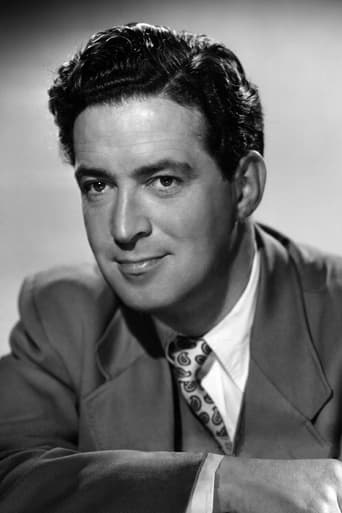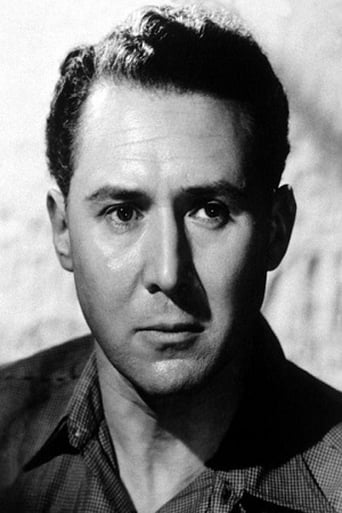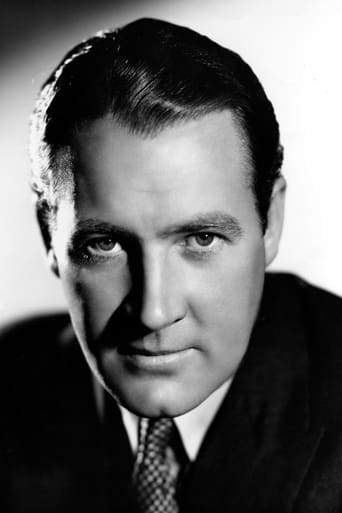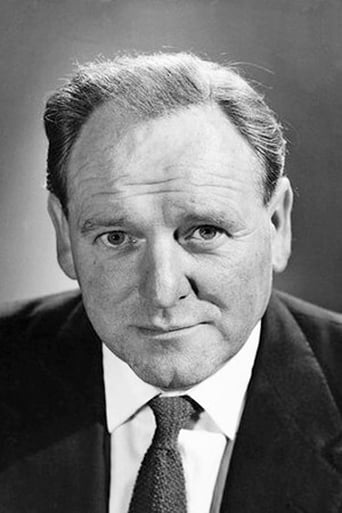Colibel
Terrible acting, screenplay and direction.
SoTrumpBelieve
Must See Movie...
MusicChat
It's complicated... I really like the directing, acting and writing but, there are issues with the way it's shot that I just can't deny. As much as I love the storytelling and the fantastic performance but, there are also certain scenes that didn't need to exist.
Kayden
This is a dark and sometimes deeply uncomfortable drama
dimplet
I really, truly enjoyed watching this film, which I hadn't ever heard of, except for references in To Sink the Bismark!. This, indeed, is what the Bismark! could have been. I see that some viewers didn't like it, and found the British officers standing around on the deck doing nothing boring. I thought it was amusing. What do you expect them to do on the open sea, hour after hour, day after day? What was great about this movie was that it was not predictable, not formulaic and jingoistic like Bismark! It was surprisingly modern in its values and acting, a bit like Three Kings. The weak spot was perhaps the portrayal of the South Americans in the background during the radio broadcasts, but I think this was intended to display the absurdity of the carnival atmosphere. Speaking of which, it reminded me strongly of the opening of Woody Allen's Bananans, where television is broadcasting live the assassination of a banana republic dictator, who was the only one not in on the secret. Could this be the inspiration?Apparently, the movie portrays the key players accurately, and there were seamen involved who were advisers to the film - I think including Capt. Dove.What makes this movie shine is the intriguing characters, most of all Captain Langsdorff. What was he thinking, what were his deep motives? Spoiler alert.The ending brings this into sharp contrast, though the movie's ending leaves things open, though the historical ending fills in this gap. We are left to ponder why he did what he did. I have my own theories, and I think that deep down, he did not want to return to Nazi Germany, and wanted to spare his crew from this.I strongly suggest watching this together with Bismark! They have similar themes. In the 50s and early 60s, part of British cinema was extremely conservative, politically and cinematically, and was way, way behind the times, creatively. Bismark! exemplifies that, and looks more like a 1942 movie than 1960. The British and American viewing office didn't complain. But from today's perspective, Bismark! was a missed opportunity at a great film, a potential demonstrated years earlier by the Graf Spee. Compared to the Graf Spee, Bismark! is hopelessly boring but good for you, much like oatmeal.I think Graf Spee holds up very well by modern standards of acting and directing. It is also a fitting memorial to Captain Langsdorff, who acted, in the end, honorably.
flyingcoonhound
If you ever are suffering from insomnia just throw this in the DVD player. If you ever are suffering from insomnia just throw this in the DVD player. If you ever are suffering from insomnia just throw this in the DVD player. If you ever are suffering from insomnia just throw this in the DVD player. If you ever are suffering from insomnia just throw this in the DVD player. If you ever are suffering from insomnia just throw this in the DVD player. If you ever are suffering from insomnia just throw this in the DVD player. If you ever are suffering from insomnia just throw this in the DVD player. If you ever are suffering from insomnia just throw this in the DVD player. This review is as entertaining as the movie.
JohnWelles
"The Battle of the River Plate" (1956) is Powell and Pressburger's most underrated movie. Set in 1939, its about the British navy trying to capture "The Graf Spee" pursued by the "HMS Ajax", "HMS Exeter" and "HMS Achilles".Most people say it is not up to the standard as, say, "A Matter of Life and Death", but I disagree. As it is not one of the more wider known parts of World War Two, it makes the first half tense and exciting. But its the second half, when "The Graf Spee" hides in a neutral port where it kicks into high gear. The whole place reeks of atmosphere, unequalled in any over Powell and Pressburger film. As I have said before, a very underrated movie, that is well worth watching.
hcoursen
The film might have worked had it been conceived as a kind of chess match -- between the British Commodore and Capt. Langsdorff, and incorporating the diplomatic shuffling. But the German point of view was dropped as soon as the first shell was fired. We got scenes aboard Graf Spee only in the prisoners' hold. We needed a parallel scene from Langsdorff's perspective to the one Quayle held with his commanders. The final decision -- to scuttle -- came out of the blue. Hitler's role was not mentioned. Langsdorff's concern for his crew was only implied in the funeral scene. Check me if I'm wrong, but the actual funerals occurred on land, did they not? Langsdorff's suicide was not included -- shocking to someone who knows the history. His motive was complicated, but included, apparently, his wish to silence anyone who would claim that he was a coward for not re-engaging the British flotilla. The film did dramatize the really rudimentary communications available in 1939 -- bugles, shouted commands, signal flags, binoculars. Had Langsdorff had an observation aircraft, as the British are shown to have had, things might have been very different.





